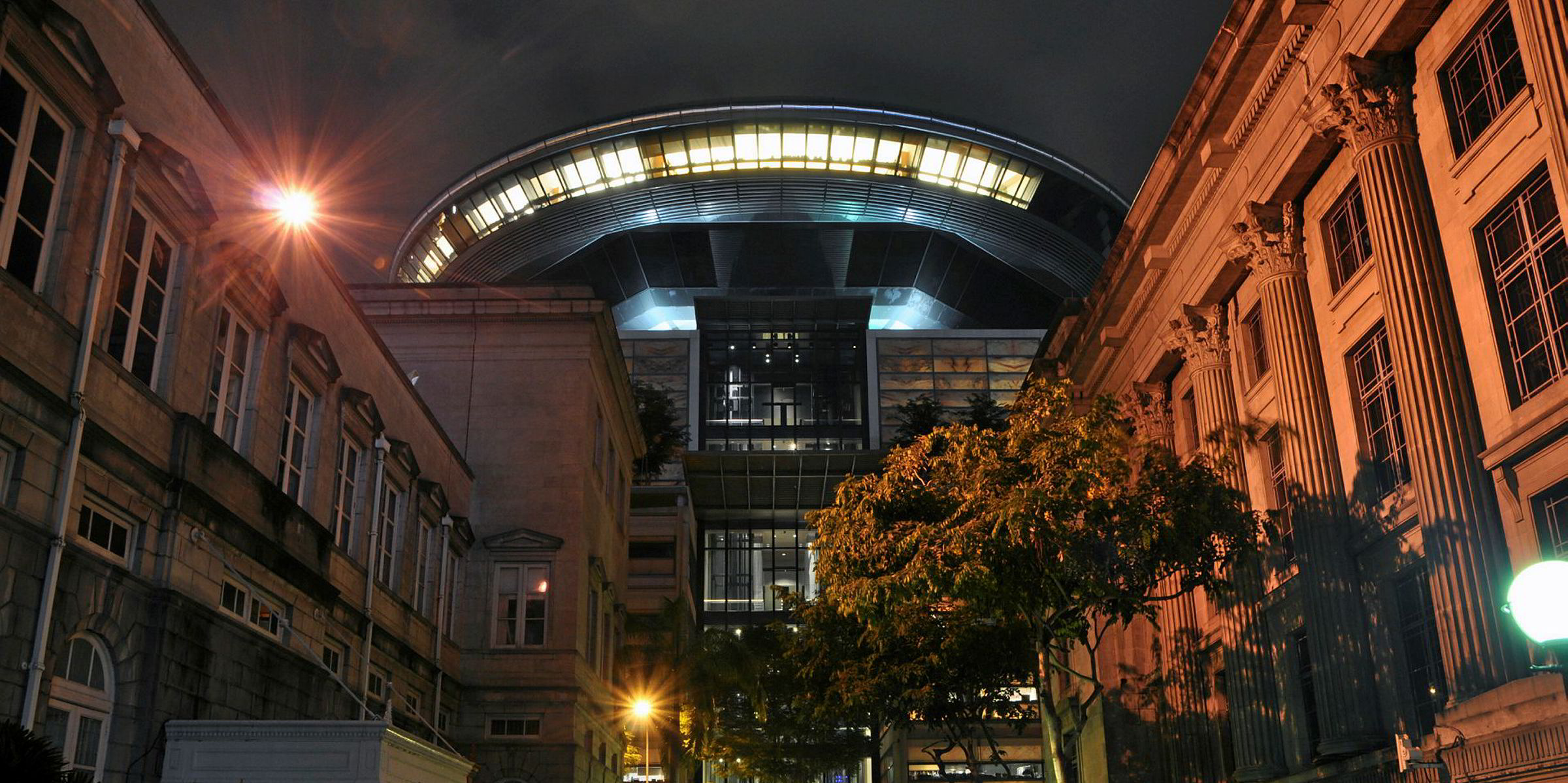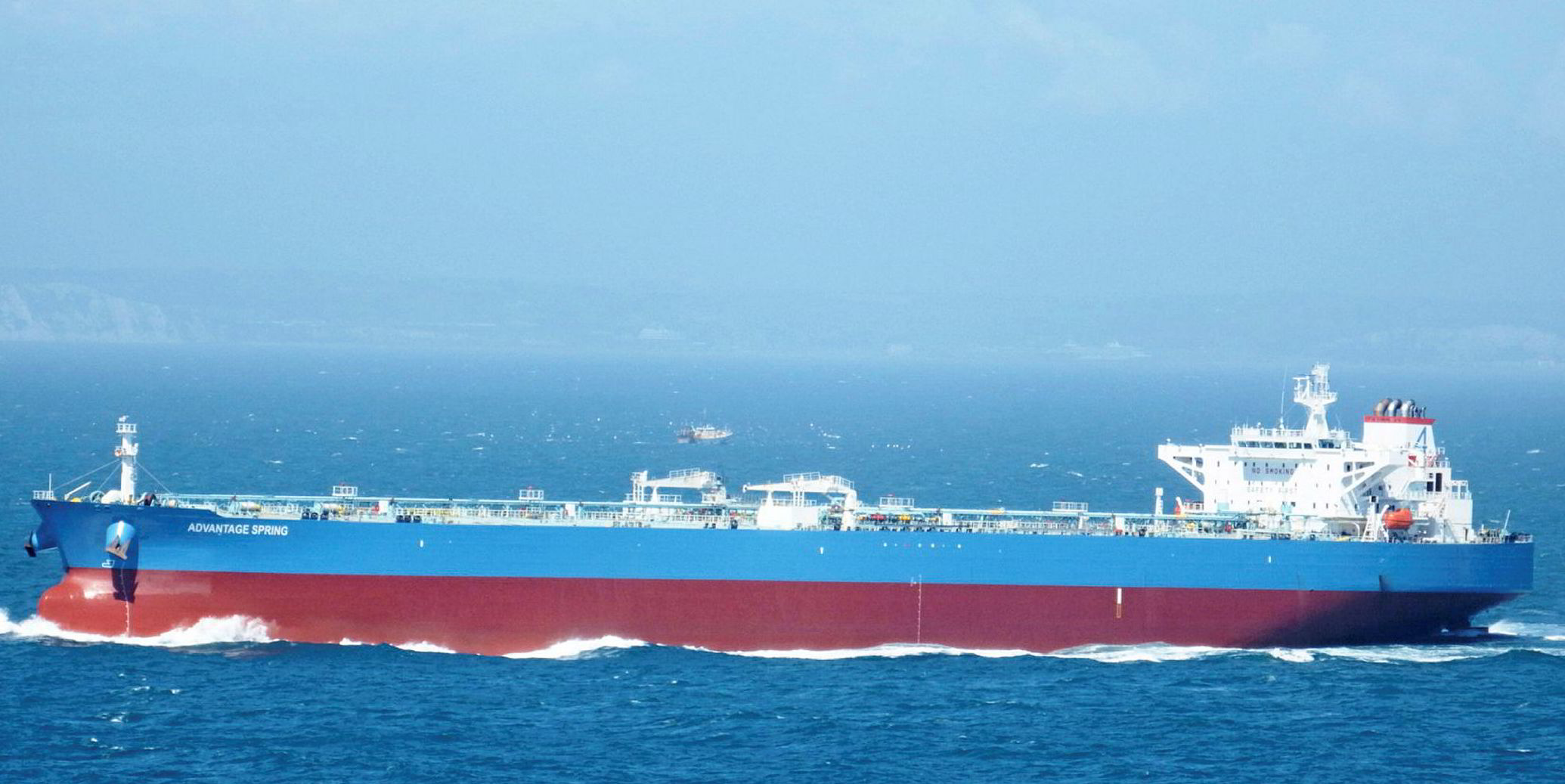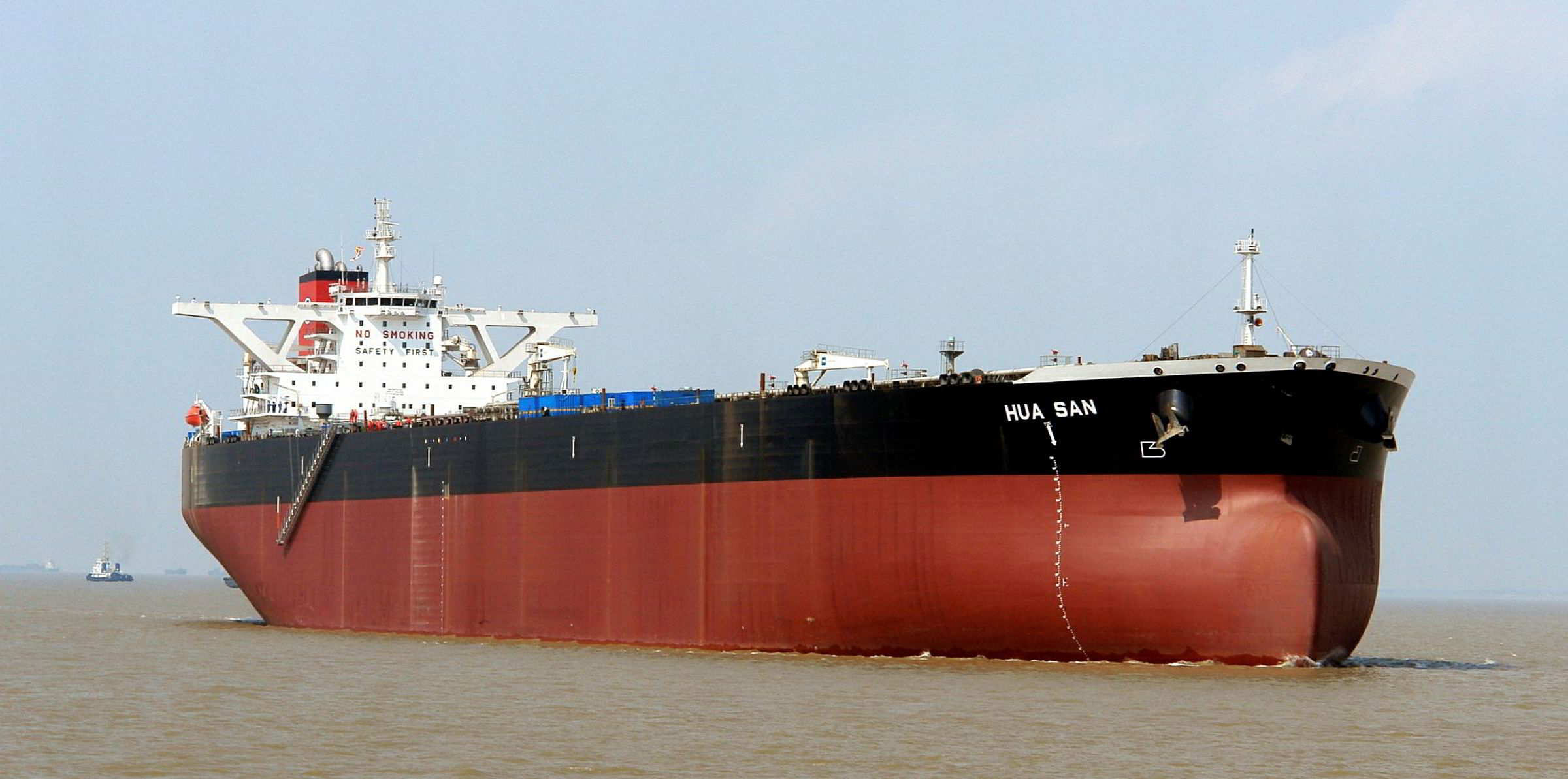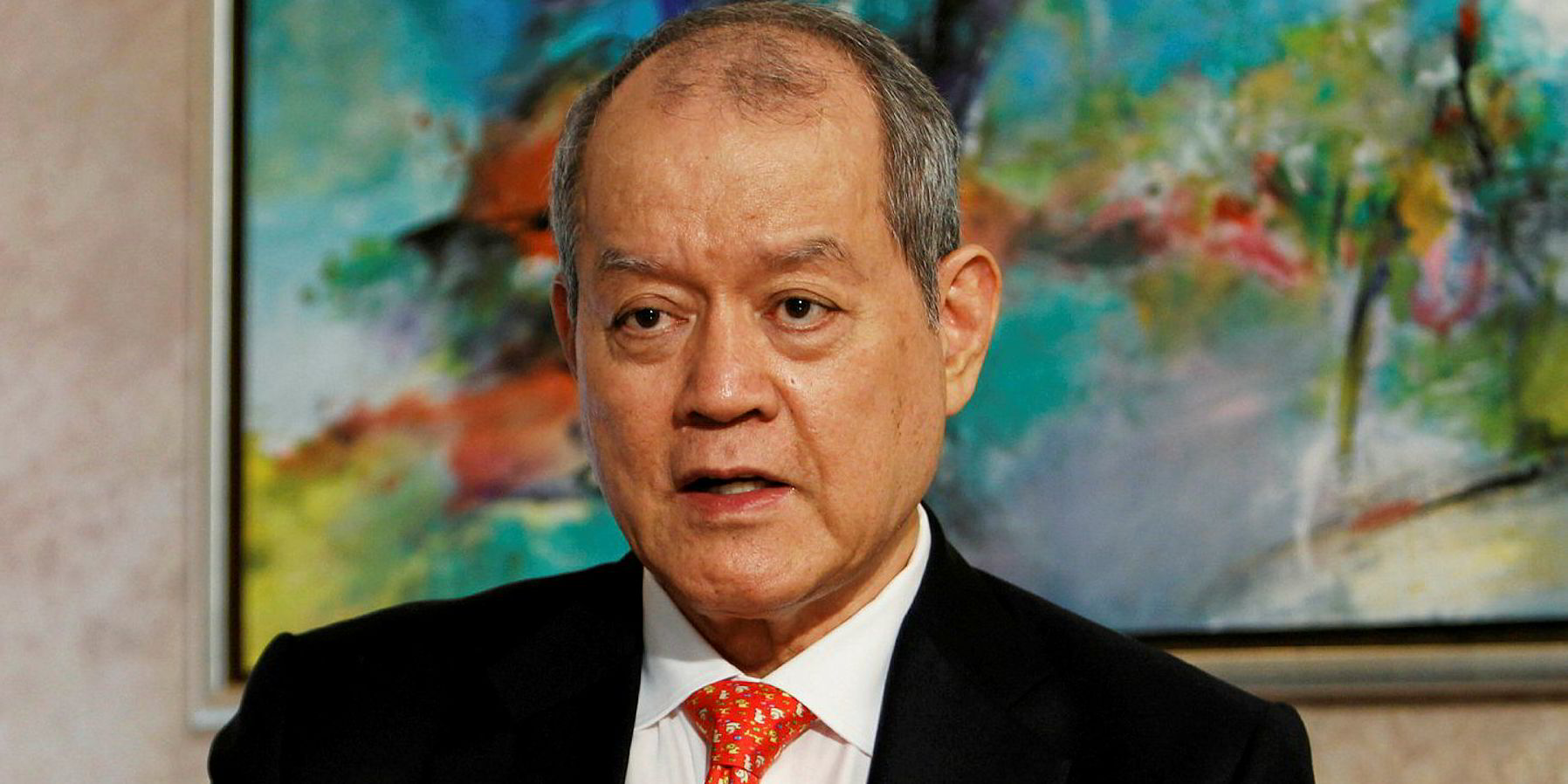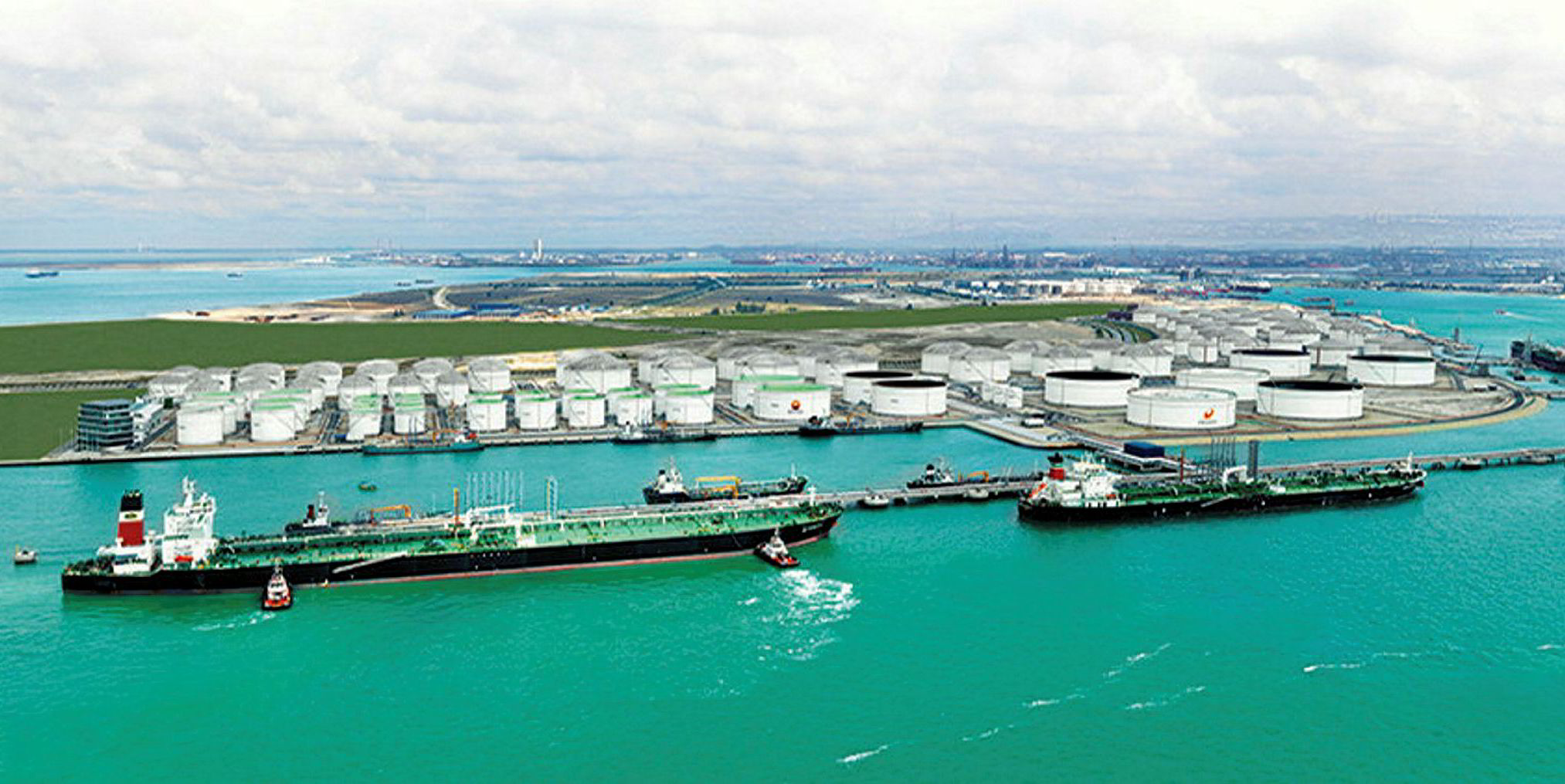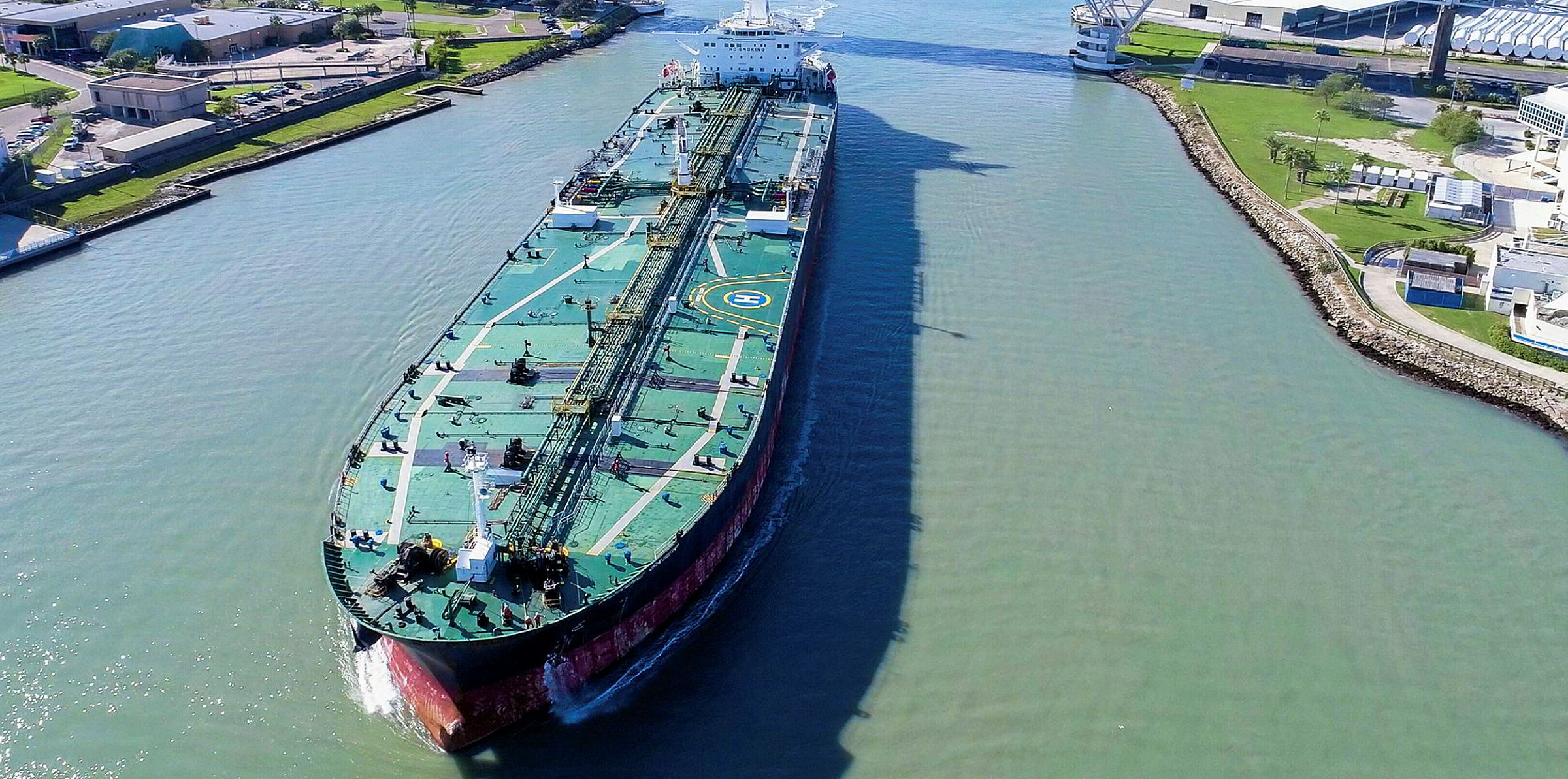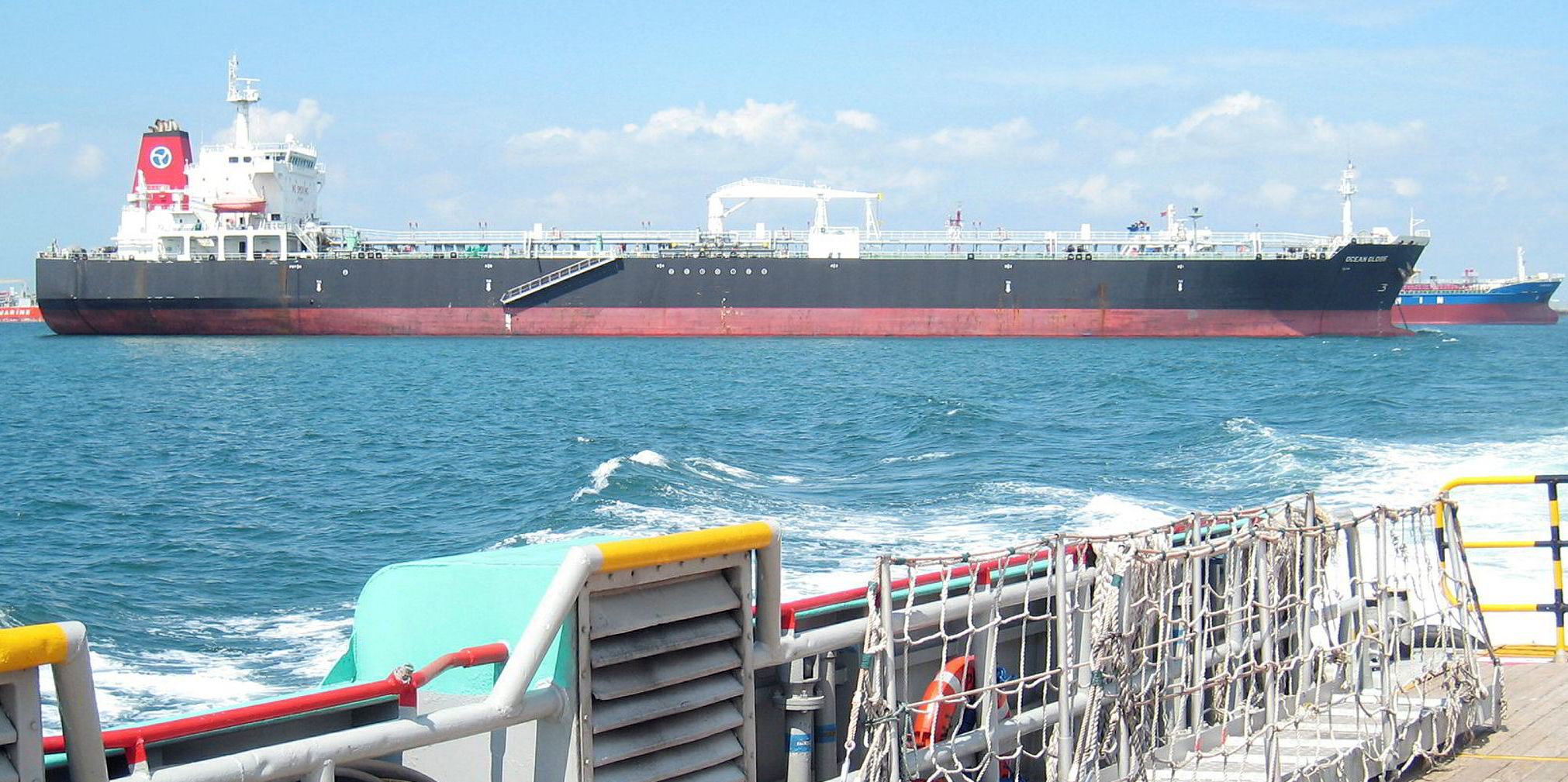With creditor claims mounting against failed Singaporean oil trader Hin Leong Trading, the tankers operated by affiliated Ocean Tankers are getting caught in a legal quagmire.
None of Ocean Tankers’ vessels have been arrested yet, with most keeping out of sight of land since troubles at the two Lim family-controlled companies first emerged in April.
But legal sources in Singapore have told TradeWinds that they are aware of Hin Leong’s creditors — largely banks that financed oil trades — filing applications against the ships or their cargoes.
A source closely connected to founder Lim Oon Kuin, also known as OK Lim, said he is unhappy that claims against Ocean Tankers and Hin Leong have led to writs being issued against the vessels as they are owned by his privately held Xihe Group.
“Xihe has the right to remove the writs as claims are made against Ocean Tankers and Hin Leong,” the source said, who spoke on the condition of anonymity. “If the creditors are after Ocean Tankers and Hin Leong, the writs should end at these two companies.”
Maritime lawyers following the vessels disagree.
Under admiralty law, once the cargo has been loaded on board a vessel and the bills of lading have been signed by its master, the ship itself is considered the custodian of the cargo and is legally responsible for anything that happens to it regardless of who the owner, charterer or sub-charterer is.
It is a system that works well under normal circumstances, even if disputes require multiple lawsuits up the charter chain before being fully resolved.
As such, while the assets of Hin Leong and Ocean Tankers are protected by Singapore’s legal system, with companies under judicial management shielded from third-party legal proceedings, Xihe’s assets — ships that are bareboat chartered to Ocean Tankers — are not, as the company has not asked for court protection.
In the normal pattern of events, lawyers said, the aggrieved parties would just have to sit and wait for their ship to come in.
Fictitious trades cause complications
Evidence provided in a report submitted to the High Court of Singapore by the interim judicial managers of Hin Leong Trading last week gave an ominous warning that in this case, it may not be so simple.
The report compiled by PricewaterhouseCoopers Advisory Services (PwC) gave an insight into Hin Leong's alleged dodgy dealing carried on a bid to shore up its liquidity. For the purpose of this article, only activities that have a direct impact on the Ocean Tankers/Xihe fleet are examined.
OK Lim admitted in April that cargoes under bills of lading issued by Ocean Tankers — held by parties in the sale or banking chain — had been discharged against instructions or letters of indemnity issued by the company. He estimated that Ocean Tankers’ exposure in respect of claims under these bills could be as high as $2.67bn.
PwC’s managers claim that their investigations revealed that Hin Leong had also improperly obtained inventory financing from banks by pledging cargo it did not own; overstating the quantity of cargo it did own; and pledging cargo which was already encumbered or which did not even exist.
Furthermore, it was also accused of selling inventory that it held for another party, while continuing to represent to that party that the inventory was intact.
What brought this to the attention of PwC’s managers in part was a set of 22 bills of lading signed not by vessel masters, but by employees in Ocean Tankers’ shore offices or by other parties.
Pivotal factor
In many cases the cargoes for which these bills of lading were issued either did not exist, were substantially lower in volume, or in at least one case, were issued against cargo belonging to a third party who had chartered the ship directly from Ocean Tankers.
Lawyers said the courts will have to decide whether a ship that was listed as holding a cargo can still be held accountable when a person other than its master signed what appears to be to a fictitious bill of lading.
That the key members of the Lim family were involved in every aspect of Hin Leong, Ocean Tankers and Xihe’s operations might be a pivotal factor.
In a statement released last Thursday, the Lims said they had been denied a timely opportunity to respond to questions from the interim judicial managers, and would explain their actions in an appropriate forum.
